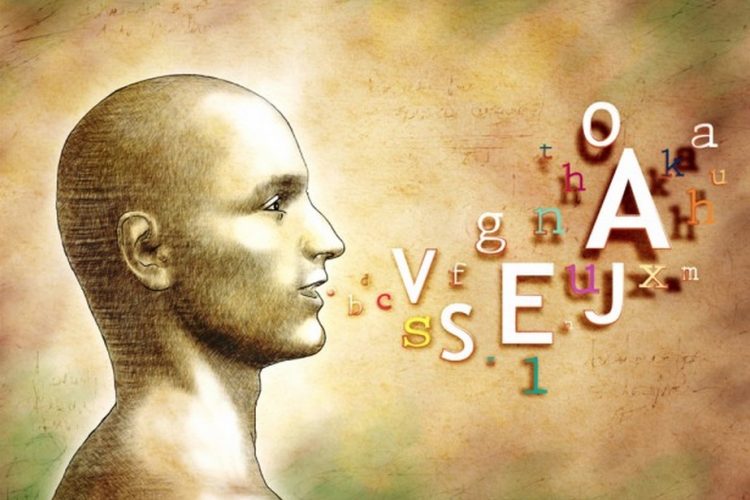
Martial arts are, or at least should be, a lot like language. Although one important long-term goal may be controlling an opponent, be that in linguistic debate or physical confrontation, this cannot be done without first learning to control oneself. In both practices, this largely means mastery of the fundamentals, initially without resistance from an interlocutor or adversary. From there, the process is simple—though far from easy—and largely consists of the progressive addition of adaptive resistance. The period and intensity necessary will always vary according to the individual practitioner, however, all must learn and practice effective communication—verbal and/or physical conversation—for a significant period of time prior to achieving any sort of reliability and repeatability when attempting to influence another individual’s ideas or actions. Non sequiturs and violent outbursts seldom result in desirable outcomes.
I learn and teach languages for a living. I learn and teach martial arts for life. Both are extremely important to me, and with the passing of time I find myself increasingly unwilling to countenance unsound practices and beliefs in either realm.
I do not search for Systema videos (and there are plenty of other martial arts out there to which the present discussion applies), but they share the dubious distinctions of crossing my feed most often and being the most patently risible. I do think in analogies, and the following recently occurred to me: spurious martial arts are essentially equivalent to glossolalia.
Both are specious theatrics devoid of true meaning or content. One cannot learn or practice glossolalia; it has no alphabet, no grammar, in short, no fundamentals. And one cannot communicate using glossolalia; observe the charlatans in the videos below reverting back to English each and every time actual communication is necessary. https://youtu.be/cQ4114XO-Xo. https://youtu.be/g6how8Sp4jg. And while I am sure many people actually do learn and practice Systema, the remainder of the analogy holds. The painfully representative Systema demonstration below, like glossolalia, is supposed to depict a series of spontaneous and meaningful reactions in the moment. https://youtu.be/lJp5AwTmyTg. What is actually happening in both cases, however, is more akin to a folie a deux.
In closing, and in rather tedious expectation of all the stock attempted rebuttals, I will return to the language analogy. There are, of course, many martial arts that fall somewhere along the spectrum between truth and absurdity. But even many of those with the more realistic-looking solo and partner exercises tend to be much more like a memorized speech or dialogue—nearly always written long ago and by someone else—than an actual, alive conversation. They can often neither be added to nor built upon, only regurgitated, and in a completely staged manner at that. There is nothing intrinsically wrong with getting excited over a well-performed kata or djuru or preset drill, but it is really no different from marveling at a well-performed Shakespeare play: someone else already wrote it; everyone else is just acting.
- John Frankl (John holds a PhD from Harvard in Korean literature, and is the head instructor for SBG Korea)